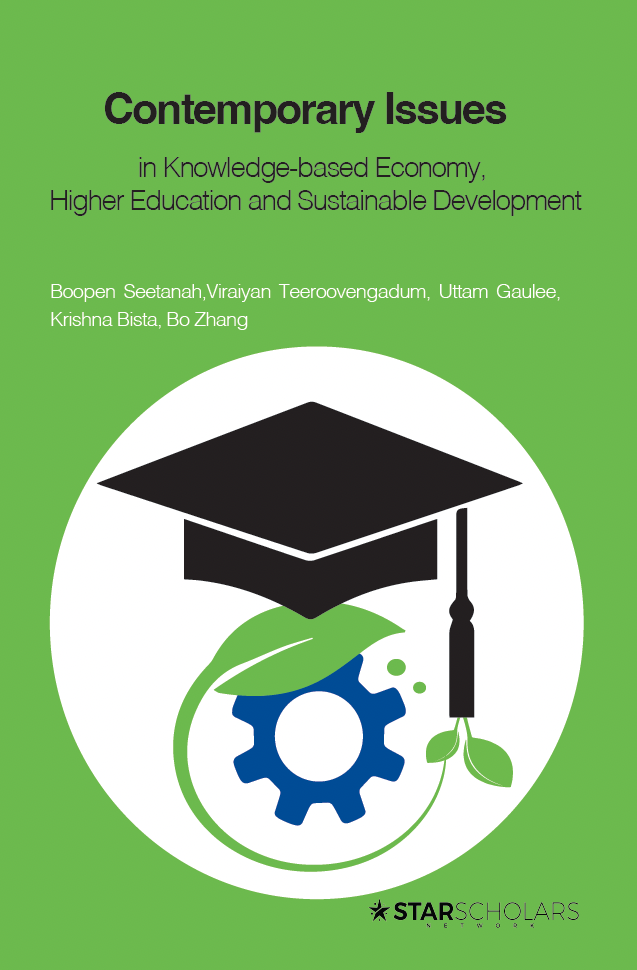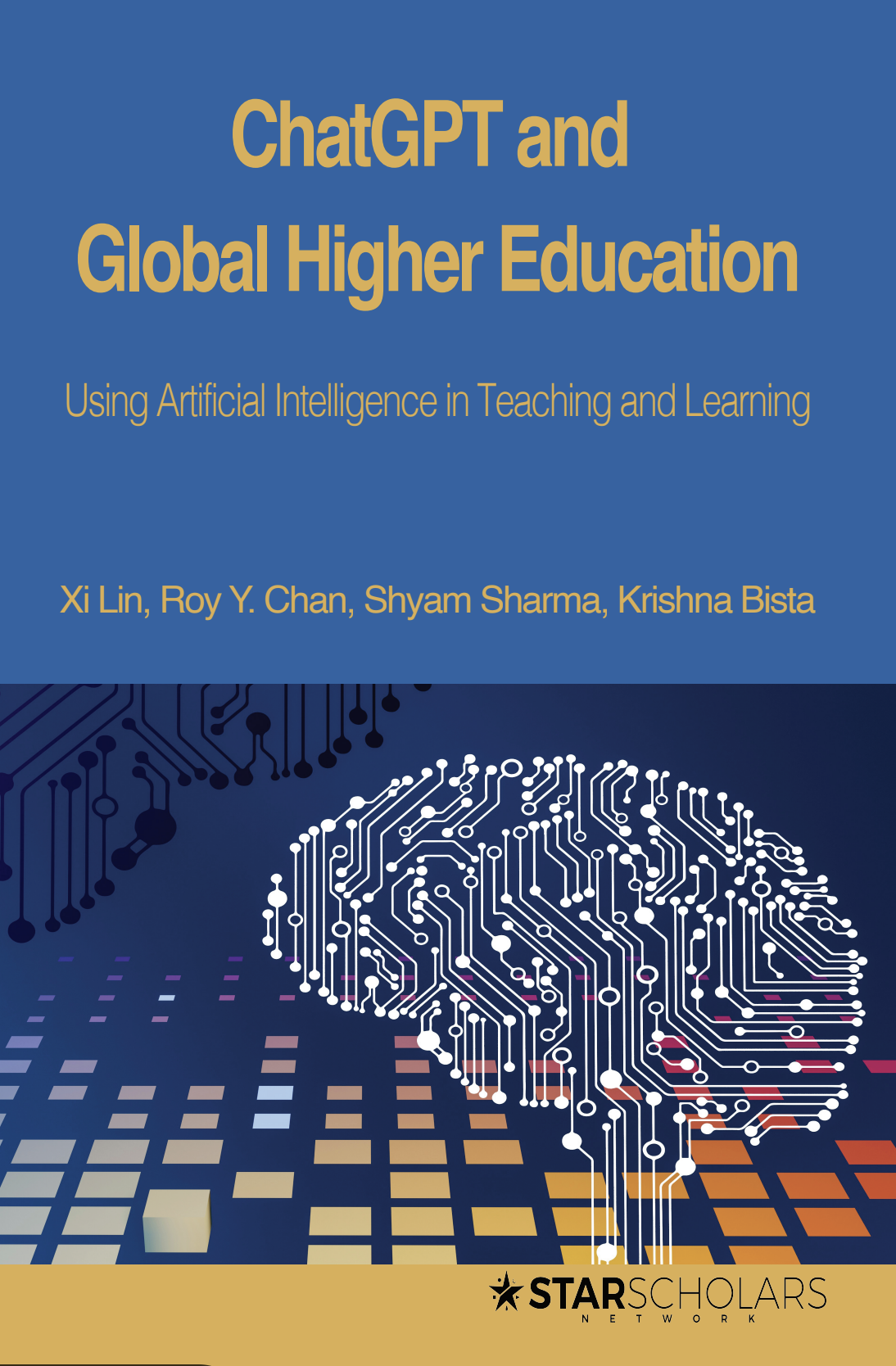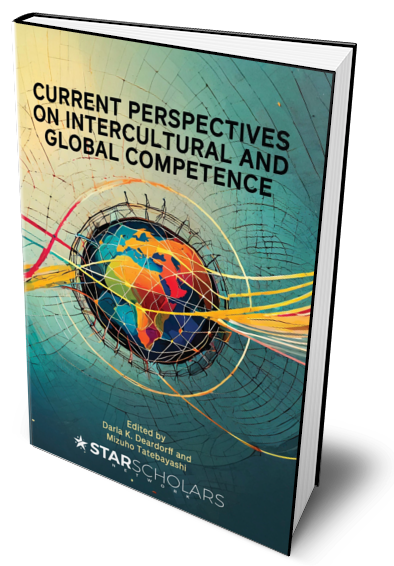Professional Development of EFL Teachers in Higher Education: Transforming to Digitalization
Published
Synopsis
Teachers must adopt a new identity in the 21st century due to the global COVID-19 pandemic. Changes in the digital literacy and consciousness of ESL teachers indicate a paradigm shift in the current environment. By using digital classroom and professional development model configurations, this presentation seeks to investigate the professional development of EFL teachers in the context of Nepal. The scenario of pedagogical practices seems transformative through digital technologies around the globe, and aligning with the situations in teachers' professional development has also been associated with digital technology in higher education in Nepal. Therefore, this presentation aims to identify professional development strategies used by university teachers and related institutions during the pandemic and in new normal situations. This presentation also includes teachers' challenges while implementing professional development strategies in teaching English in higher education. The focus group discussion with three university teachers and two university officials validates the study situation. While conducting focus group discussions, particular themes were covered, such as the strategies used for professional development during a pandemic and new normal, challenges associated with implementing strategies and institutional policies and support. The interpretation is made through the discussed themes and reveals institutional support for professional development. Similarly, online learning communities (applications and social media), collaborative practices, and digital performance are the core strategies teachers use. However, the digital divide was regarded as the major challenge in handling the situation of professional development in developing countries such as Nepal. Additionally, this presentation makes future suggestions for ESL instructors' professional growth and for creating a new identity in the context of the new normal for pedagogical practices.





